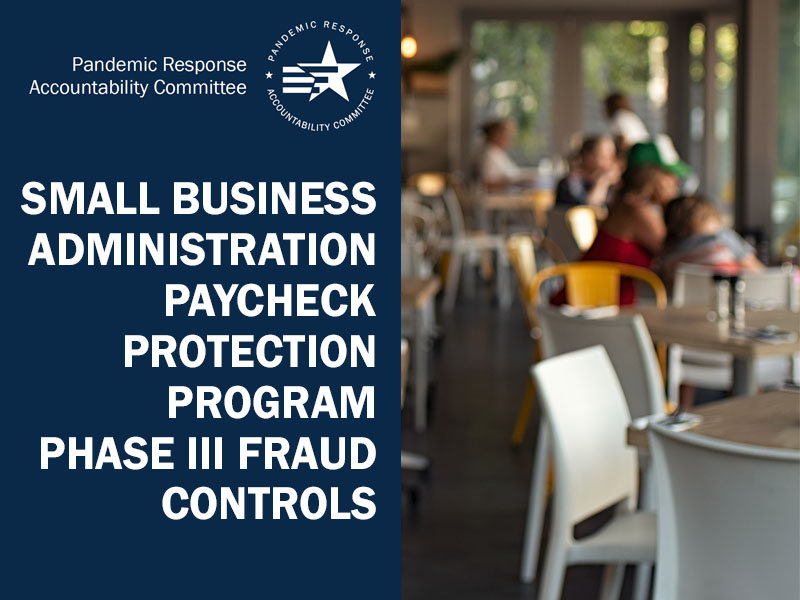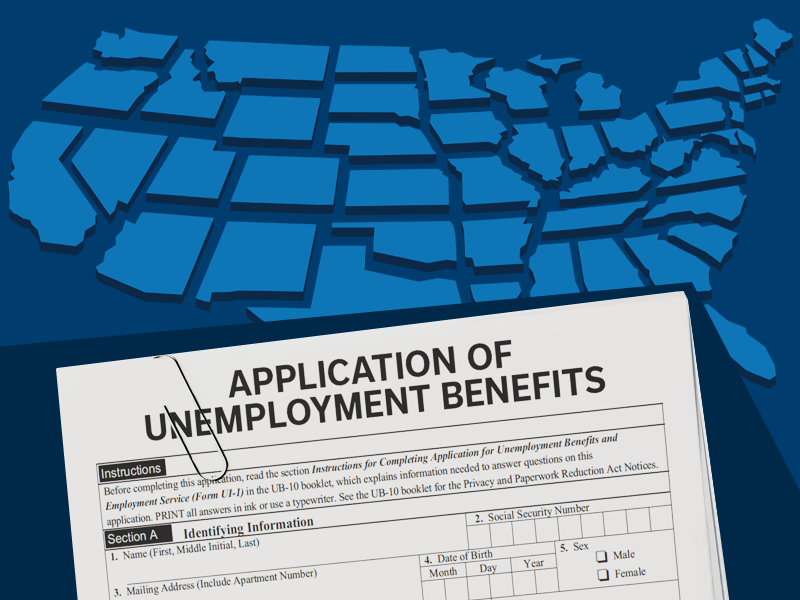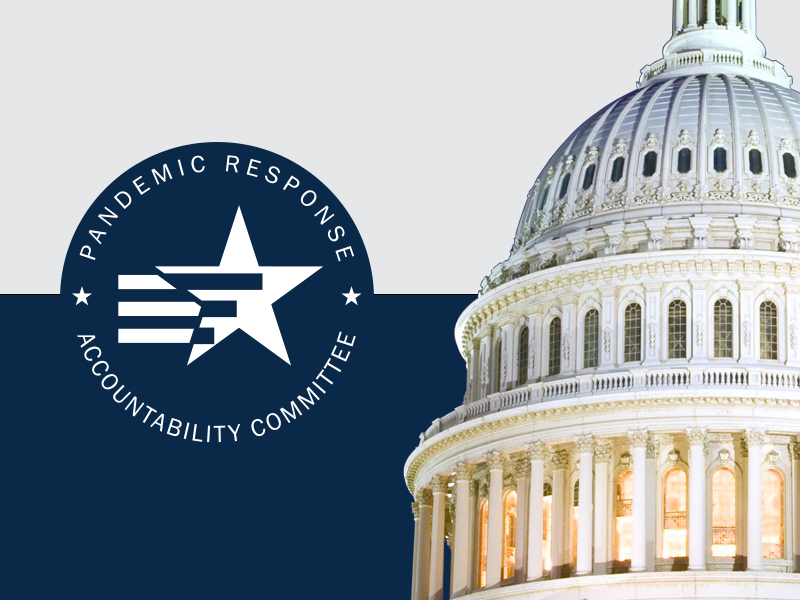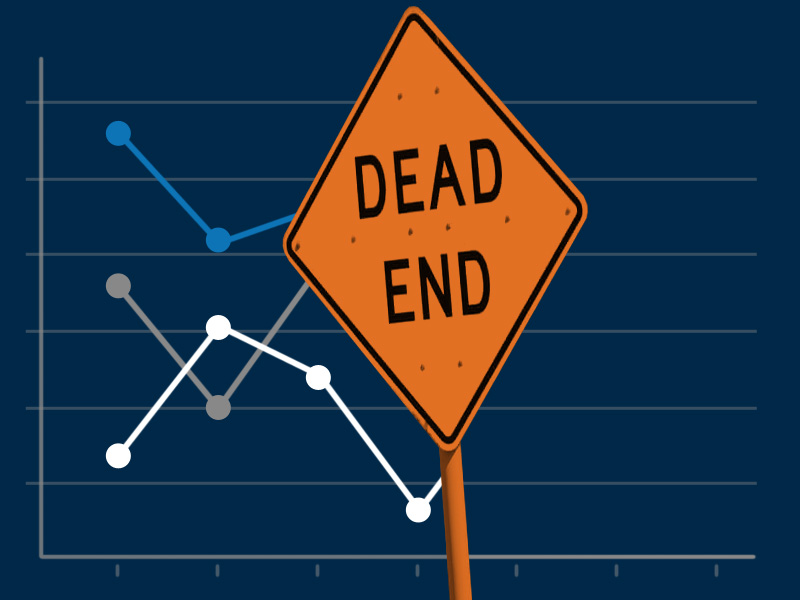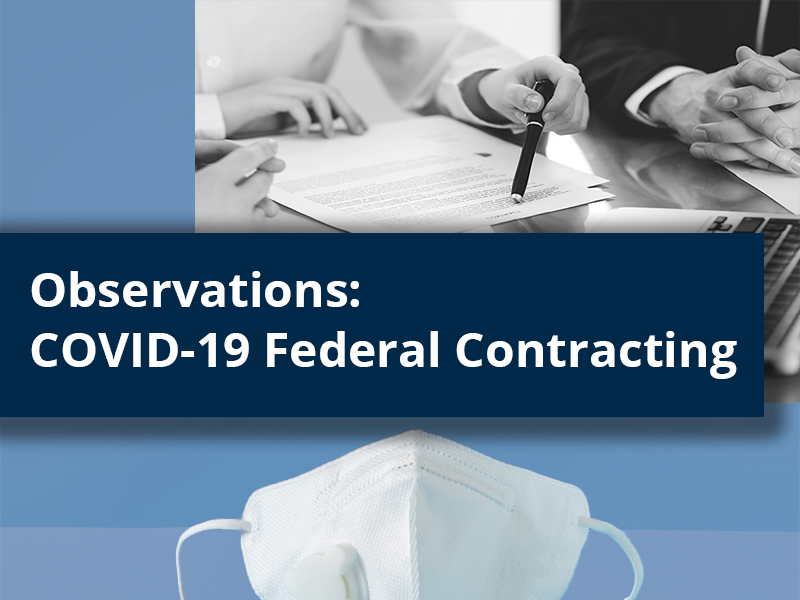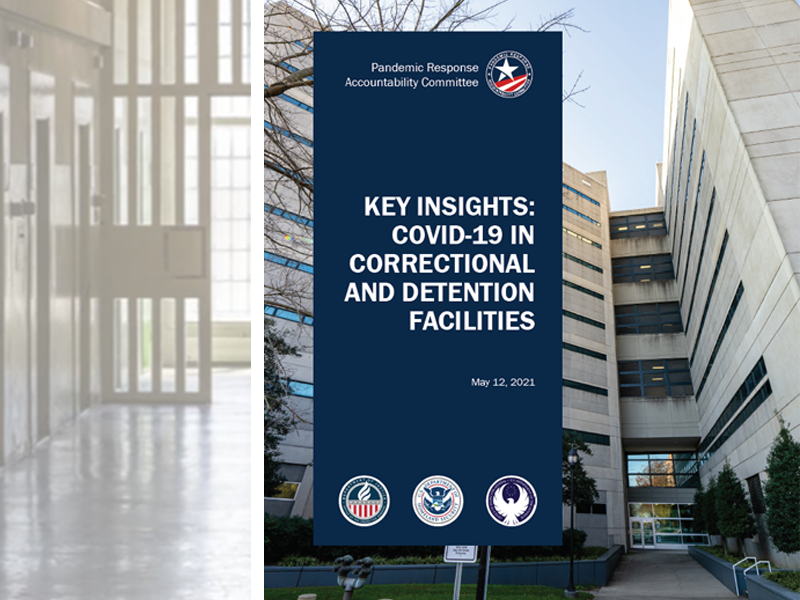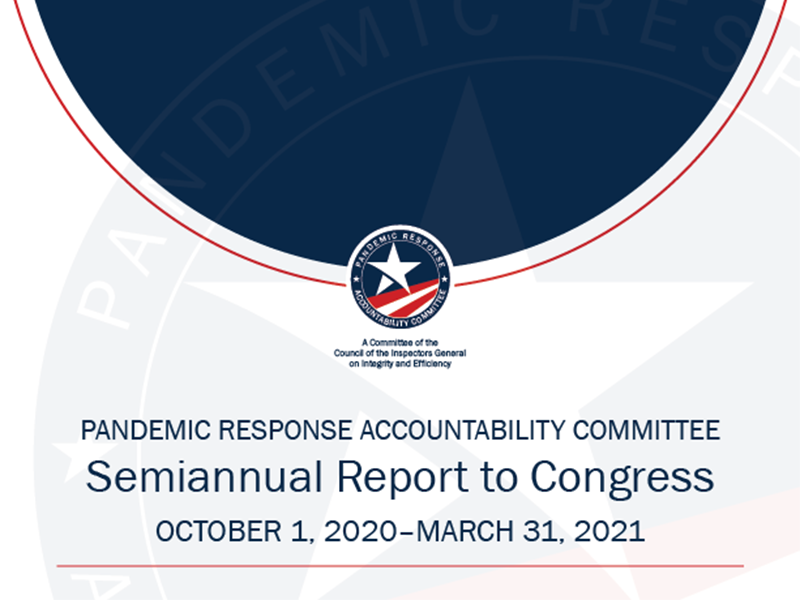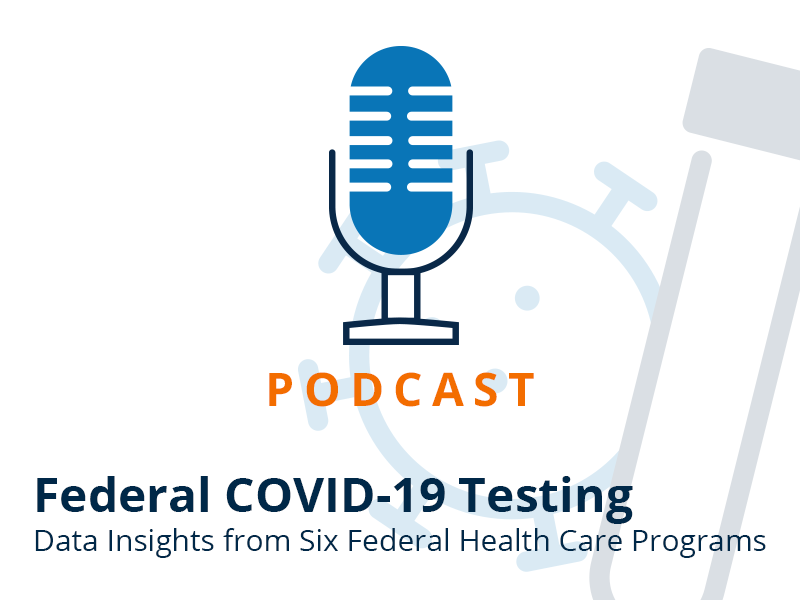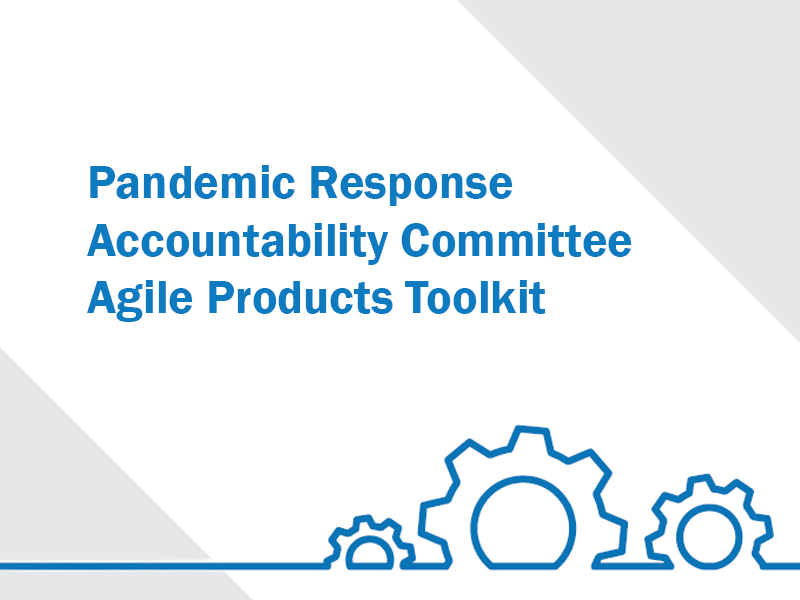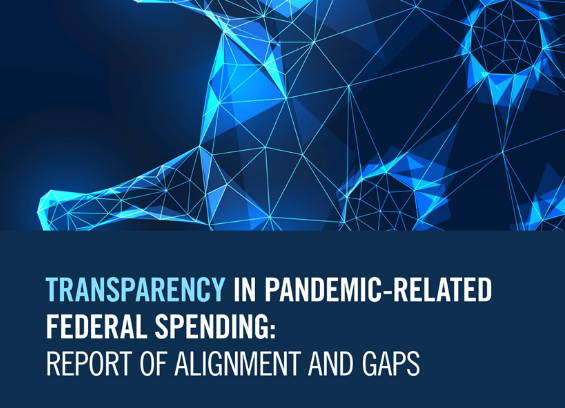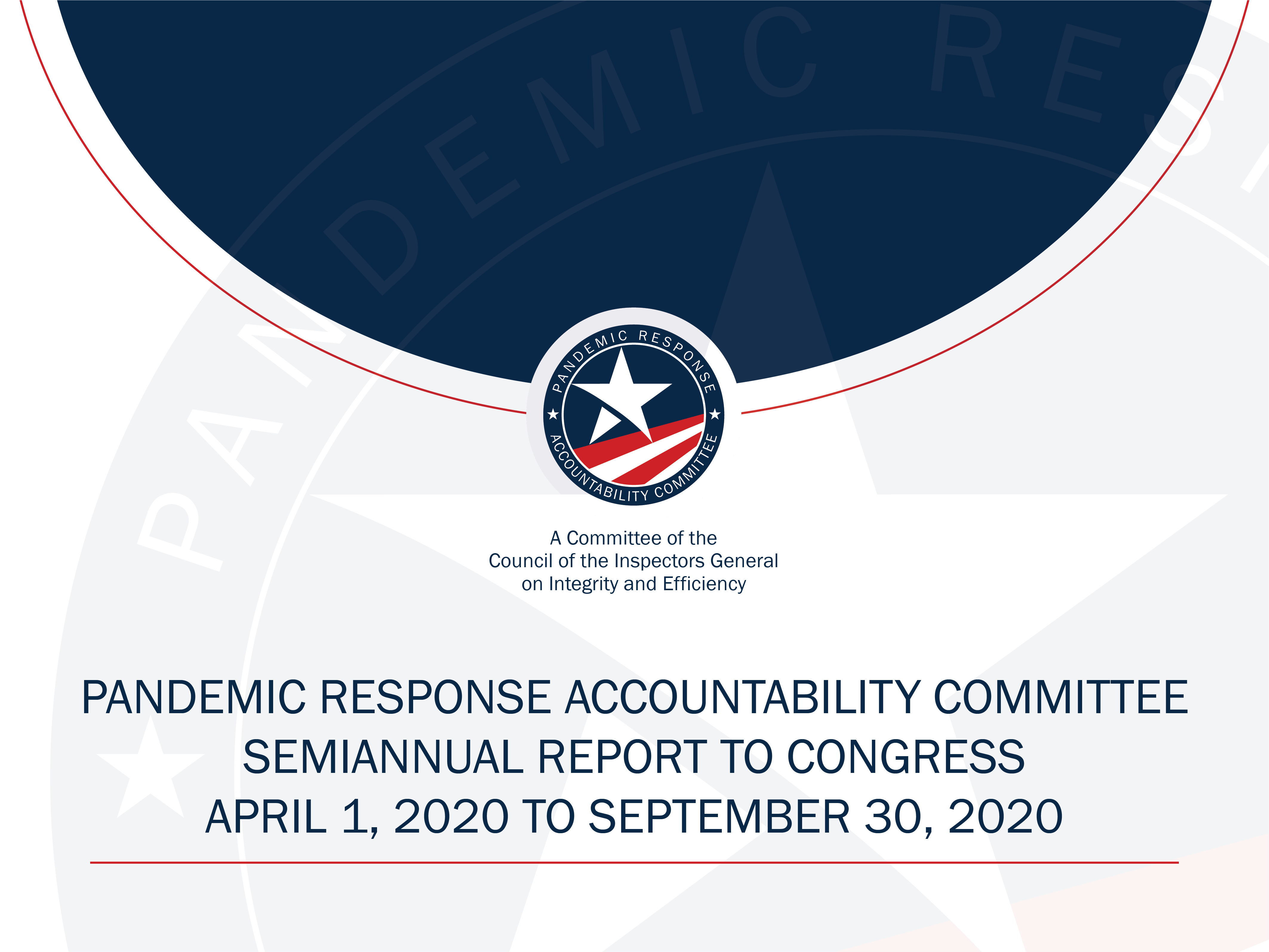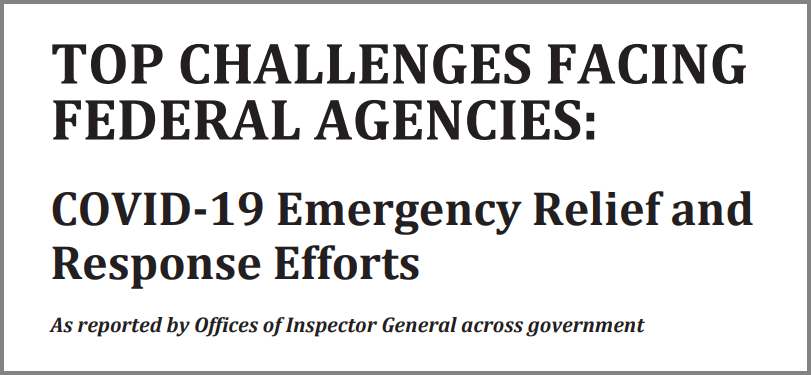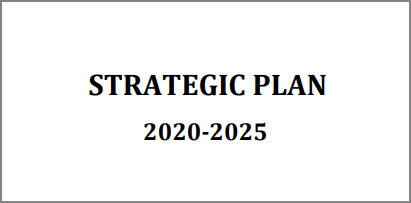Our Publications & Reports
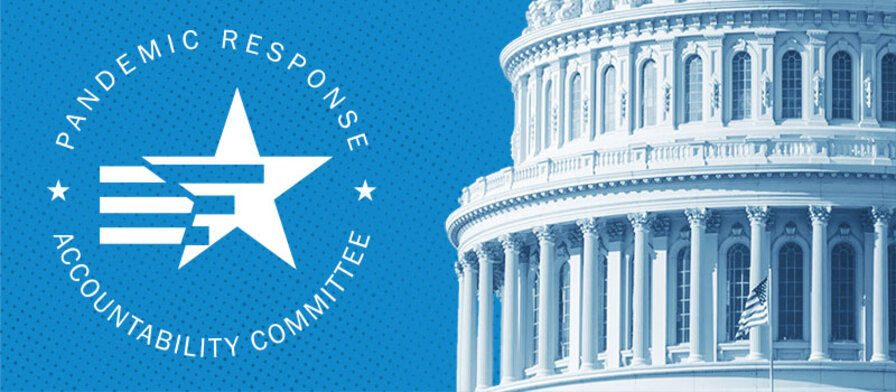
Report to Congress: October 1, 2024 through March 31, 2025
The Pandemic Response Accountability Committee (PRAC) continues to provide innovative approaches to oversight work and deep insights into programs in ways that can be used now, and in the future. See highlights and view the full report on our efforts to promote public transparency and ensure coordinated oversight of more than $5 trillion in federal pandemic relief spending.
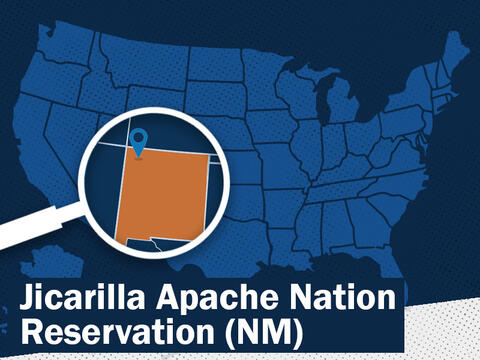
Focus on Community: Jicarilla Apache Nation Reservation Located in New Mexico
Our mission to understand communities’ experiences with pandemic funding and programs brought us to Jicarilla Apache Nation Reservation located in New Mexico. Read how this community used pandemic relief funding to respond to and mitigate the effects of COVID-19.
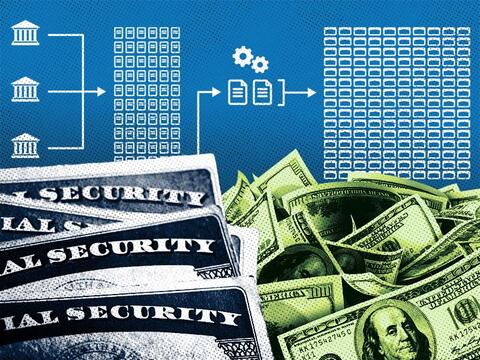
Fraud Prevention Alert: Social Security Numbers
We analyzed applications across major pandemic relief programs and estimate these programs disbursed approximately $79 billion to applicants who used over 1.4 million potentially stolen or invalid Social Security numbers (SSNs).
Visit the Pandemic Analytics Center of Excellence to see more of our work.
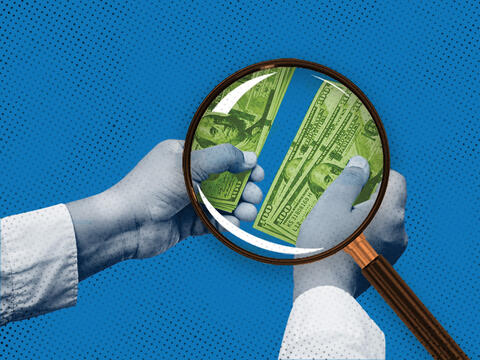
Fraud Prevention Alert: Income Misrepresentation
Using data analytics to compare income representations by applicants seeking benefits from multiple federal programs could have prevented hundreds of millions of dollars in pandemic fraud.
Visit the Pandemic Analytics Center of Excellence page to see more of our work.
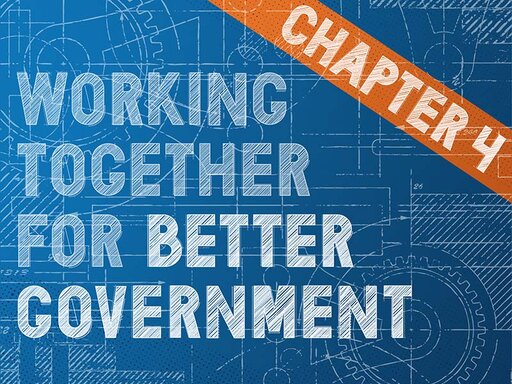
Blueprint for Enhanced Program Integrity – Chapter 4
Oversight Community and Policymakers: See how state, local, and federal governments work together to share best practices and solutions in Chapter 4 of our Blueprint for Enhanced Program Integrity. This whole-of-government approach focuses on the impact of policies and programs on government at large.
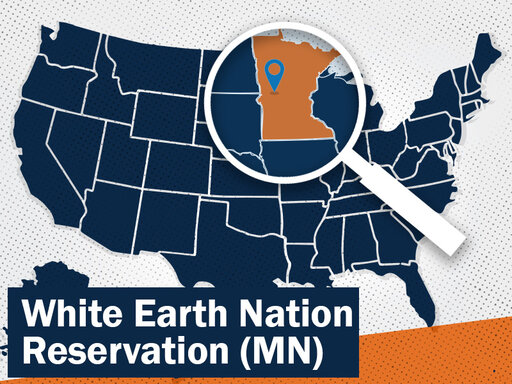
Focus on Community: White Earth Nation Reservation located in Minnesota
Our mission to understand communities’ experiences with pandemic funding and programs brought us to White Earth Nation Reservation in Minnesota. Read how this community incorporated cultural traditions into its pandemic response and used pandemic relief funding to respond to and mitigate the effects of COVID.
Focus on Community: Marion County, Georgia
Our mission to understand communities’ experiences with pandemic funding and programs brought us to Marion County, GA. Read how this county used pandemic relief funding to respond to and mitigate the effects of COVID-19. Future reports will provide valuable lessons learned from other locations to improve federal emergency response programs.
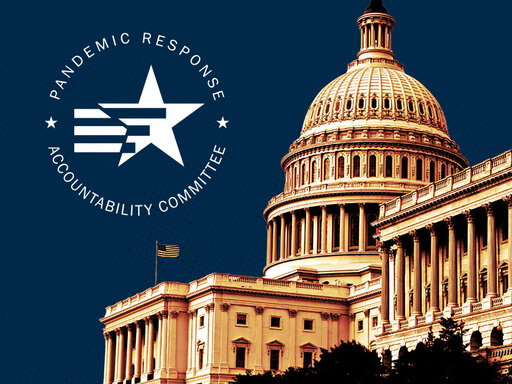
Report to Congress: April 1, 2024 through September 30, 2024
See highlights and view the full report on our efforts to promote public transparency and ensure coordinated oversight of more than $5 trillion in federal pandemic relief spending.
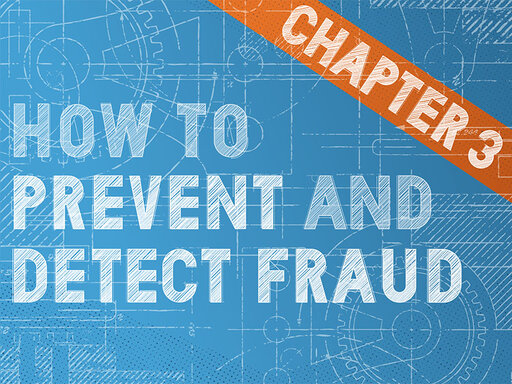
Blueprint for Enhanced Program Integrity – Chapter 3
Oversight community and policymakers: You’ll find best practices and lessons learned to help prevent and detect fraud in Chapter 3 of our Blueprint for Enhanced Program Integrity. These strategies can be implemented for emergency and non-emergency programs.
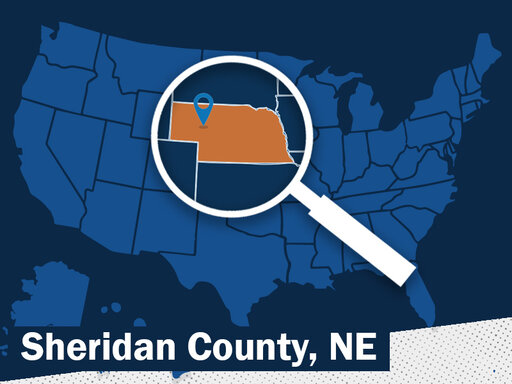
Focus on Community: Sheridan County, Nebraska
Our mission to understand communities’ experiences with pandemic funding and programs brought us next to Sheridan County, Nebraska. Read how this county used pandemic relief funding to respond to and mitigate the effects of COVID-19. Future reports will provide valuable lessons learned from other locations to improve federal emergency response programs.
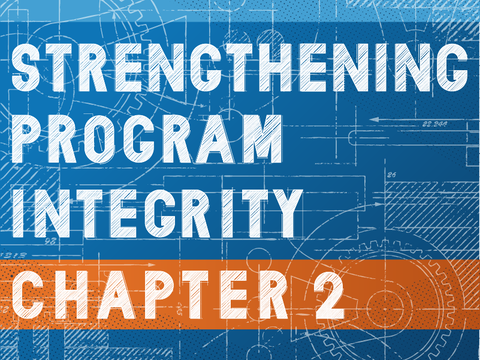
Blueprint for Enhanced Program Integrity – Chapter 2
Policymakers: Incorporate strategies from Chapter 2 of our Blueprint for Enhanced Program Integrity to protect programs against fraud and improper payments. These measures can be incorporated into emergency and non-emergency funded programs.
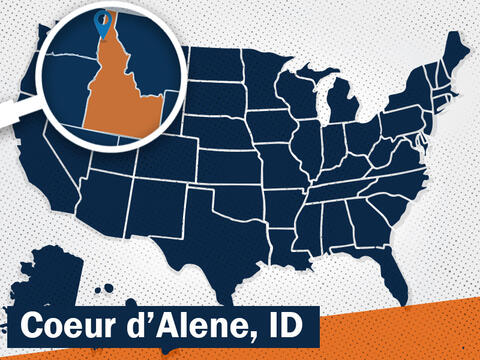
Focus on Community: Coeur d’Alene, Idaho
Our mission to understand communities’ experiences with pandemic funding and programs brought us next to Coeur d’Alene, ID. Read how this city used pandemic relief funding to respond to and mitigate the effects of COVID-19. Future reports will provide valuable lessons learned from other locations to improve federal emergency response programs.
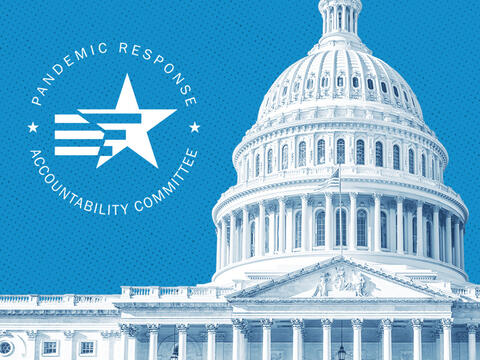
Report to Congress: October 1, 2023 through March 31, 2024
See highlights and view the full report on our efforts to promote public transparency and ensure coordinated oversight of more than $5 trillion in federal pandemic relief spending.
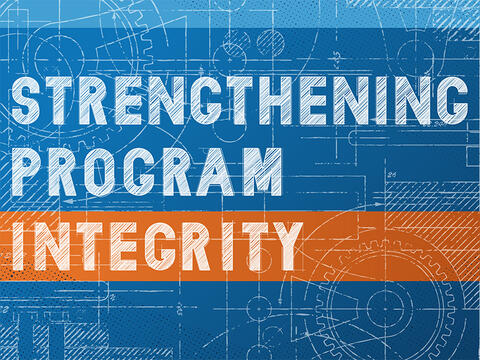
Blueprint for Enhanced Program Integrity – Chapter 1
We’re drawing up a Blueprint of best practices based on lessons learned from the pandemic to help program administrators develop and implement programs with strong internal controls. Check out our first chapter of resources from the oversight community on strategies for designing programs in the future.
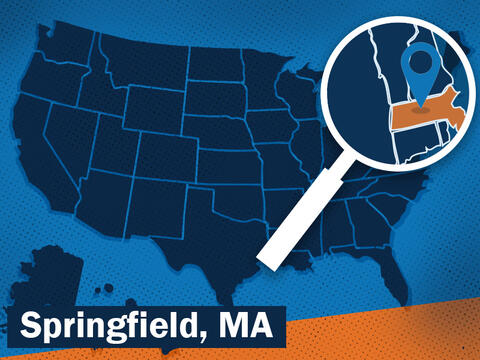
Focus on Community: Springfield, Massachusetts
Our mission to understand communities’ experiences with pandemic funding and programs brought us to Springfield, MA. Read how this city used pandemic relief funding to respond to and mitigate the effects of COVID-19. Future reports will provide valuable lessons learned from other locations to improve federal emergency response programs.
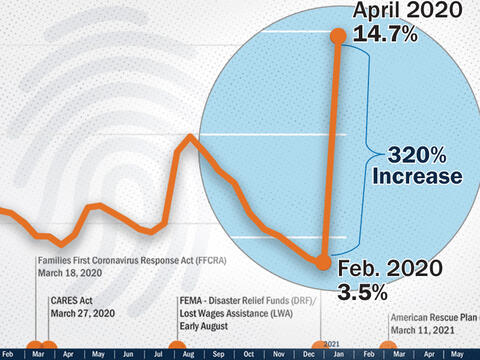
Why Unemployment Insurance Fraud Surged During the Pandemic
Unemployment insurance (UI) fraud was rampant during the pandemic. We sampled 45 fraud cases to learn about the schemes and methods fraudsters used and to identify what can be done to improve UI programs for the future. Read our report to find out more.
Pandemic Programs and Funding: a Focus on Six Communities
We’re on a mission to understand how communities responded to the pandemic and how the federal government can improve emergency response programs. Read about six communities’ experiences with pandemic funding and programs. Future reports will take a closer look at each location's experience.
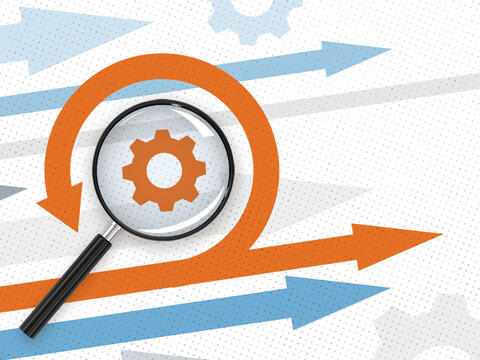
Agile Oversight in a Time of Crisis: Lessons Learned and Best Practices
Learn from the experts in this recap of insights and best practices shared during our Agile Oversight Forum. Combined with our Agile Products Toolkit, you'll have all the resources you need to start incorporating agile strategies into your own work.
Report to Congress: April 1, 2023 through September 30, 2023
See highlights and view the full report on our efforts to promote public transparency and ensure coordinated oversight of more than $5 trillion in federal pandemic relief spending.
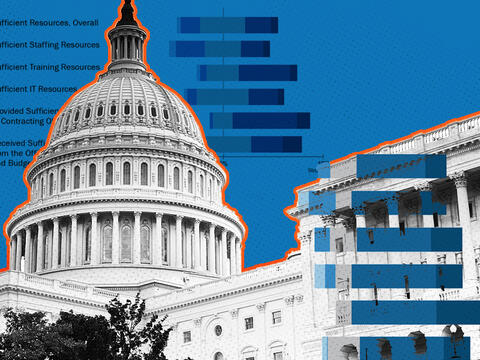
Key Insights: Contracts and Grants Workforce Response to the COVID-19 Pandemic
Federal contract and grant awards increased rapidly during the pandemic. We surveyed 29 federal agencies to learn what hurdles both workforces faced and the creative strategies they used to combat those challenges. Read the full report providing insights to help with future national emergencies.

Key Insights on Health Care Staffing During the Pandemic
The COVID-19 pandemic put an unprecedented strain on our health care system. We surveyed more than 300 facilities across four federal health care programs and learned most had a hard time hiring and maintaining the staff they needed. Read the full report to find out why.
Identity Fraud Victim Redress Processes and Systems
It can be difficult for people to resolve issues after their identity is stolen. Victims report feeling burdened by the federal government’s decentralized redress process. We commissioned a report that proposes a whole-of-government, victim-centered approach to comprehensively supporting individuals throughout the process. Read the report and learn more.
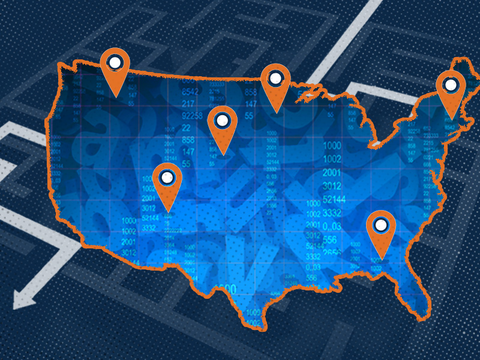
Tracking Pandemic Relief across the Country Shows More Data Gaps
Following your money is our mission, but it can be hard. Our report has new insights into challenges we had following pandemic relief funds in six communities. Read the report.
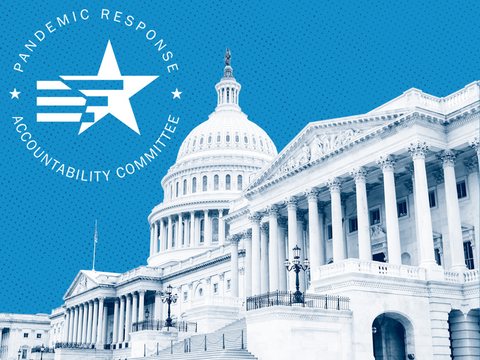
Report to Congress: October 1, 2022, through March 31, 2023
See highlights and view the full report on our efforts to promote public transparency and ensure coordinated oversight of more than $5 trillion in pandemic response spending.

Fraud Alert Follow-up: The Potential Benefits of Agencies Using the Department of Treasury’s Do Not Pay System to Prevent and Detect Fraud
In the Fraud Alert, we found nearly $38 million in pandemic loans were obtained using the Social Security Numbers of deceased individuals.
Report to Congress: April 1, 2022, through September 30, 2022
See highlights and view the full report on our efforts to promote public transparency and ensure coordinated oversight of more than $5 trillion in pandemic response spending.
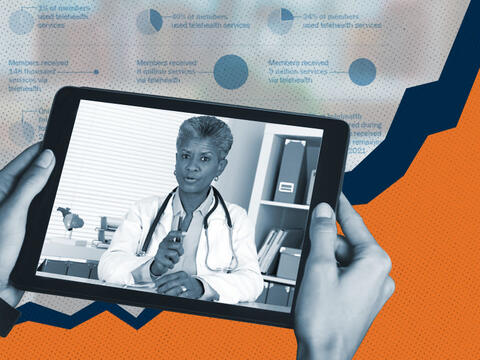
What We Learned about Federal Telehealth Programs during the First Year of the Pandemic
In this report, we share insights from six oversight partners on the surge of telehealth use in federal healthcare programs, and how the watchdog community can safeguard these programs against fraud, waste, and abuse.

Key Insights on Reducing and Recovering from Identity Fraud
In this report, the PRAC’s Identity Fraud Reduction and Redress Working Group provides insights agencies can use to reduce identity fraud in pandemic relief programs and help victims recover from the damage.

UPDATE: Lessons Learned in Oversight of Pandemic Relief Funds
Our collaborative efforts have led to several lasting insights about pandemic relief oversight, outlined here in our Lessons Learned Report—a living document that we’ll update as we continue our mission.
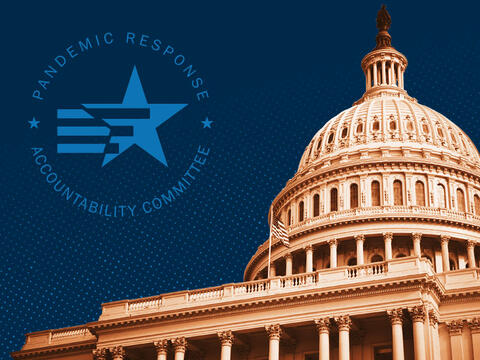
Report to Congress: October 1, 2021, through March 31, 2022
See highlights and view the full report on our efforts to promote public transparency and ensure coordinated oversight of more than $5 trillion in pandemic response spending.
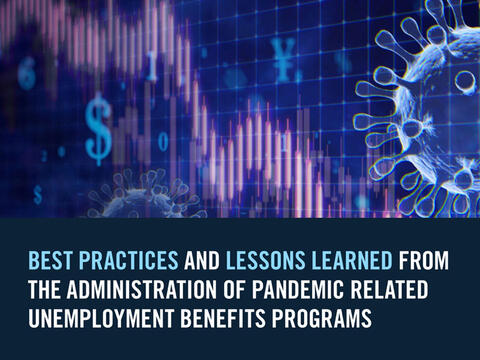
What State Workforce Agencies Learned during the Pandemic Unemployment Crisis
This commissioned study highlights best practices for minimizing fraud risk and lessons learned from the State Workforce Agencies that administered pandemic unemployment insurance programs.
Controlling fraud in the Paycheck Protection Program
The program gave out $800 billion in forgivable loans, making it a prime target for fraudsters. When Congress authorized a second round of loans, the Small Business Administration added more fraud controls. Did they work? Read the report to find out.
Key Insights on State Pandemic Unemployment Insurance Programs
See highlights and view the full report on the challenges faced by state workforce agencies to provide pandemic unemployment insurance benefits to individuals directly impacted by the pandemic.
Report to Congress: April 2021 through September 2021
See highlights and view the full report on our efforts to promote public transparency and ensure coordinated oversight of more than $5 trillion in pandemic response spending. Learn more in our report.
Why is it hard to know how pandemic relief money was used?
More than 15,400 pandemic-related awards worth $33 billion have meaningless descriptions of how the money was spent. Read about how we’re working to make it easier for the public to know where their tax dollars are going. Learn more in our report.
How was federal contracting impacted by the pandemic?
The federal government awarded $28 billion in pandemic response contracts between April 1, 2020 and September 30, 2020. Some of that went to contractors who had never worked for the government before. How well did they perform? Learn more in our report.
Controlling the spread of COVID-19 in prisons
Prisons and detention facilities are high-risk environments for COVID-19 outbreaks and deaths. How did federal agencies handle the pandemic in those environments? Read the report to find out more.
Report to Congress: October 2020 through March 2021
See highlights and view the full report on our efforts to promote public transparency and ensure coordinated oversight of more than $5 trillion in pandemic response spending.
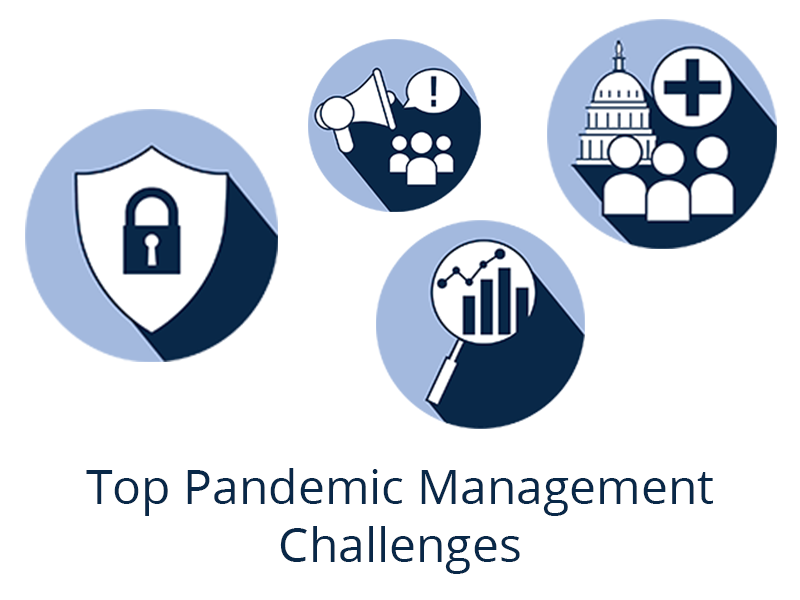
Top Challenges in Pandemic Relief and Response
This report identifies four new challenges faced by federal agencies as they manage the distribution of $3.5 trillion in pandemic-related funding. It also outlines the work being done by the Offices of Inspectors General to detect and prevent fraud and misuse of the funds.
COVID-19 Testing Report
This report examines COVID-19 testing efforts for six federal health care programs during the first seven months following the declaration of a public health emergency in the United States. Published by the PRAC Health Care Subgroup, the report takes a detailed look at testing data in each of the programs that, when combined, provide benefits or care for about 64 million individuals. Get the details here.
Agile Products Toolkit for federal, state and local oversight agencies
This toolkit identifies and defines four primary situations where your office may want to consider using an agile product. Consider these guidelines, best practices and lessons learned while conducting, completing, and issuing reports or other work products.
Gaps in CARES Act Data Sources and How to Close Them
A commissioned study that identifies gaps in federal data sources and how we can close them to improve the quality of the information we provide to the public.
PRAC's first semiannual report to Congress
View highlights from the PRAC's first semiannual report or read the report in its entirety to review work from the PRAC's first six months.
Top Challenges Facing Federal Agencies: COVID-19 Emergency Relief and Response Effort
Insight into the top management challenges facing federal agencies that received pandemic related funding as identified by Offices of Inspector General.
PRAC Strategic Plan
Our Strategic Plan details how we will serve the American public by promoting transparency and the coordinated oversight of the Federal Government’s coronavirus response to prevent and detect fraud, waste, abuse, and mismanagement.


